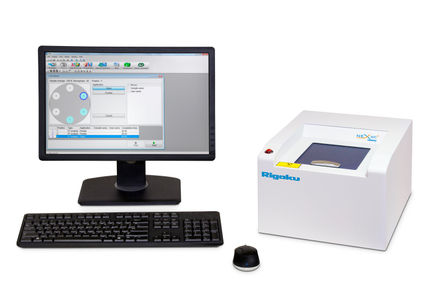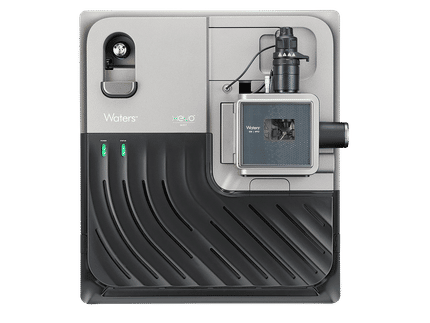To use all functions of this page, please activate cookies in your browser.
my.chemeurope.com
With an accout for my.chemeurope.com you can always see everything at a glance – and you can configure your own website and individual newsletter.
- My watch list
- My saved searches
- My saved topics
- My newsletter
National Nanotechnology InitiativeThe National Nanotechnology Initiative is an United States federal nanoscale science, engineering, and technology research and development program. Initiative participants (cited below) state that its four goals are to
Product highlightParticipants
Clinton and Bush's influencePresident Bill Clinton advocated nanotechnology development. In a 21 January 2000 speech [1] at the California Institute of Technology, Clinton, "Some of our research goals may take twenty or more years to achieve, but that is precisely why there is an important role for the federal government." President George W. Bush further increased funding for nanotechnology and has transformed the issue into his own. In 2003 Bush signed into law the 21st Century Nanotechnology Research and Development Act (Public Law 108-153 [2]), which authorizes expenditures for five of the participating agencies totaling $3.63 billion over four years.[3]. It should be noted that this law is an authorization, not an appropriation, and subsequent appropriations for these five agencies have not met the goals set out in the 2003 Act. However, there are many agencies involved in the Initiative that are not covered by the Act, and requested budgets under the Initiatve for all participating agencies in Fiscal Year 2006 totaled over $1 billion. (See the Supplement to the President's Budget for Fiscal Year 2006 [4]). In December 2004 the National Nanotechnology Initiative released a new Strategic Plan outlining updated goals and "program component areas" [5]," as required under the terms of the Act. References
Categories: Nanotechnology | Nanotechnology institutions |
| This article is licensed under the GNU Free Documentation License. It uses material from the Wikipedia article "National_Nanotechnology_Initiative". A list of authors is available in Wikipedia. |







